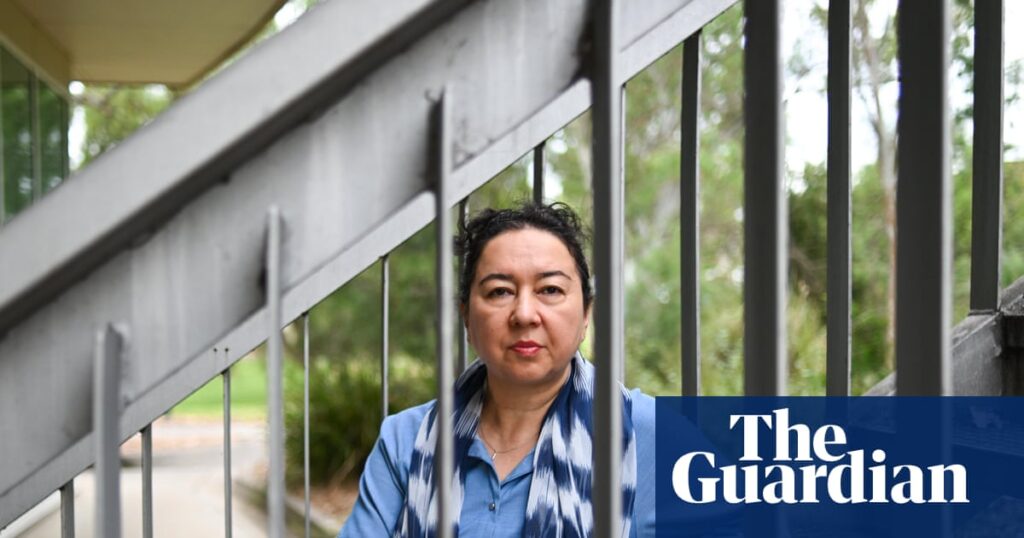
The letter was effusively polite, yet the allegations it contained were anything but. “We have the honour to address you,” began the correspondence from seven United Nations special rapporteurs to the head of Jiangsu Guotai Guosheng garment factory in China’s Xinjiang province. The 2021 letter detailed severe allegations of forced labour involving China’s Uyghur minority, reportedly subjected to brutal working conditions, arbitrary detention, and forced transport across vast distances.
The letter described how workers were allegedly required to toil in fenced-in factories, facing intimidation, coercion, threats, and restrictions on their freedom of movement, all under the watchful eye of security personnel and digital surveillance tools. The UN experts sought further information about these “grave concerns,” noting that the alleged treatment could amount to torture or other cruel, inhuman, or degrading treatment. Despite the severity of these allegations, the letter went unanswered.
The Legal Battle and Kmart’s Involvement
Four years later, the letter has resurfaced as part of a federal court case in Australia. The Australian Uyghur Tangritagh Women’s Association (AUTWA) has initiated legal proceedings against retailer Kmart, seeking access to documents related to its supply chains and potential links to forced labour in Xinjiang, also known as East Turkestan. Jiangsu Guotai Guosheng, the factory in question, appears on Kmart’s 2025 factory list, though the retailer insists it has no connection to forced labour.
Notably, Guotai is listed as a supplier not only for Kmart but also for other major retailers such as Target, Big W, and Fast Retailing, the company behind Uniqlo. Despite these associations, there is no prohibition on using Guotai as a supplier, as Australia’s modern slavery laws currently only require companies to report on their supply chains without imposing penalties for non-compliance.
Calls for Stronger Legislation
In 2023, a review of Australia’s Modern Slavery Act, led by former ombudsman Prof John McMillan, highlighted significant shortcomings. The review found that the act had not yet led to meaningful changes for those living in modern slavery conditions. Among the 30 recommendations was a call for the act to be strengthened to include mandatory actions to address slavery risks, penalties for non-compliance, and high-risk declarations for certain regions and suppliers.
Despite this, the government delayed its response until December 2024, and key recommendations remain unimplemented. Australia’s anti-slavery commissioner, former Labor senator Chris Evans, has emphasized the well-documented use of forced labour in Xinjiang, urging Australian businesses to take more proactive measures in their supply chains.
“Australian businesses must do more to understand their supply chains and take action to address known risks,” Evans stated. “The Australian government must also do more to support them.”
Voices from the Uyghur Community
Ramila Chanisheff, president of the AUTWA, asserts that the court action against Kmart aims to foster transparency. “The state-sanctioned mass imprisonment, repression, and forced labour of Uyghur people is a known phenomenon,” she said. “We’re demanding answers from Kmart so we know whether its actions live up to its words about addressing forced labour risks in its supply chain.”
Chanisheff highlights the impact on Australia’s Uyghur community, many of whom have lost contact with family members due to China’s policies. “Our community has lost family members, friends, and loved ones because of China’s brutal treatment of Uyghurs,” she remarked. “If Kmart has profited in any way from this sort of systematic repression, I am sure Australians would be horrified.”
Corporate Responses and Ethical Sourcing
Kmart has expressed disappointment over the court action, stating that the AUTWA had not engaged with them to identify specific inadequacies. A spokesperson for Kmart emphasized the company’s commitment to human rights, noting that transparency is a key principle of their Ethical Sourcing Program, which has been in place for over 15 years.
“Kmart publicly discloses its Factory List on its website and was the first Australian retailer to do so,” the spokesperson said. “We invite feedback on our approach to ethical sourcing and investigate any concerns about our operations and supply chains.”
Despite these assurances, the case has drawn attention to the broader issue of modern slavery in supply chains, with experts like Freya Dinshaw from the Human Rights Law Centre pointing out the need for stronger legal frameworks.
“This court case is about Kmart coming clean on whether it is really doing everything it claims to be doing to ensure that its products are slavery free,” Dinshaw stated.
Technological and Legislative Solutions
Anti-slavery campaigners, such as Fuzz and Carolyn Kitto of Be Slavery Free, argue that combating modern slavery requires constant adaptation. They highlight the use of technology, like Million Makers, which allows factory workers to report conditions directly through smartphones, providing a more accurate picture of labour practices.
Fiona David, founder of Fair Futures, stresses the need for Australia to strengthen its modern slavery laws to include bans on the import of goods made with forced labour. “It’s unacceptable that there is nothing to stop or prohibit people from importing goods into Australia that have been made or suspected to have been made by forced labour,” she said.
As the legal proceedings against Kmart unfold, the case underscores the urgent need for both businesses and lawmakers to take definitive action against forced labour, ensuring that ethical practices are not just reported but actively enforced.







